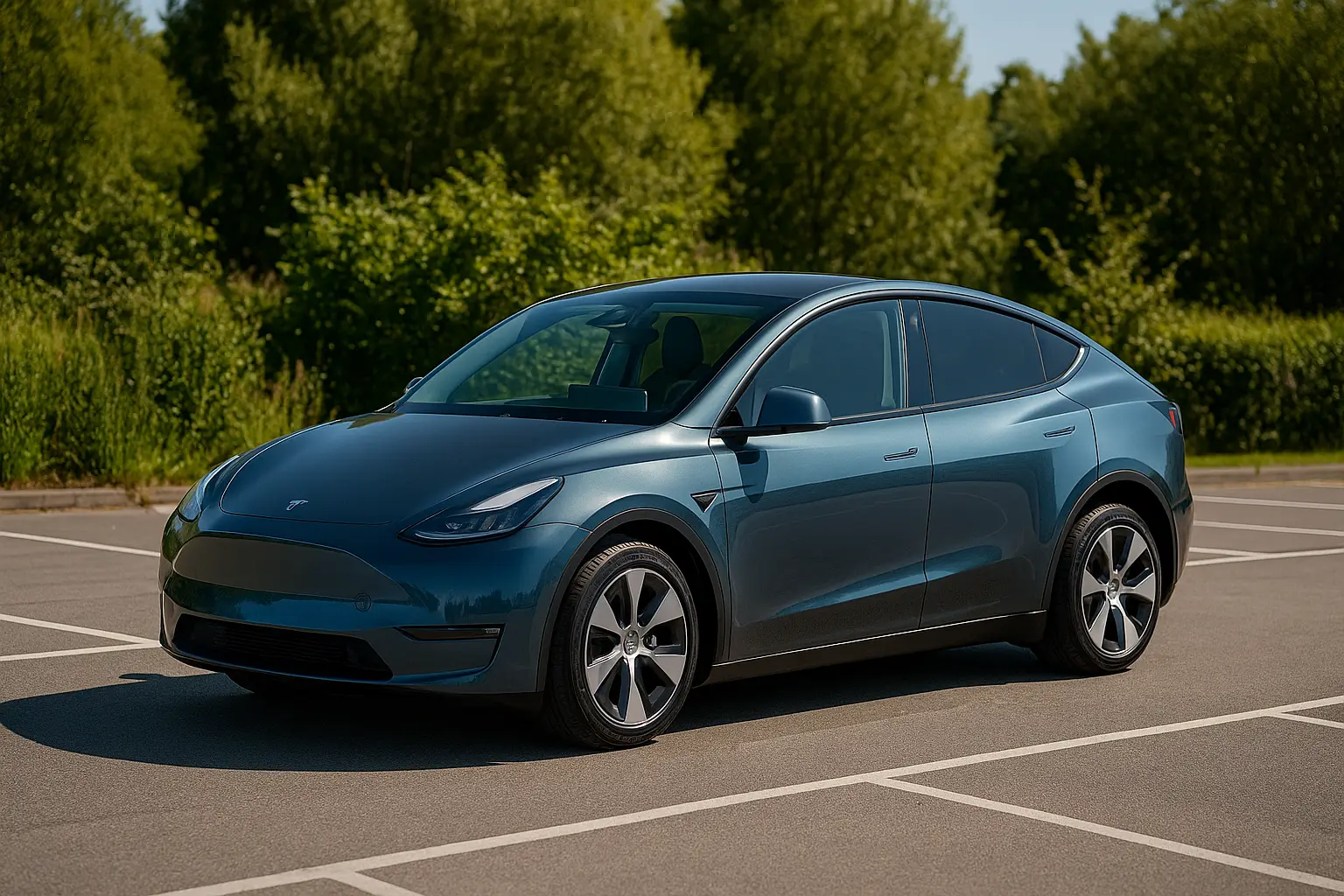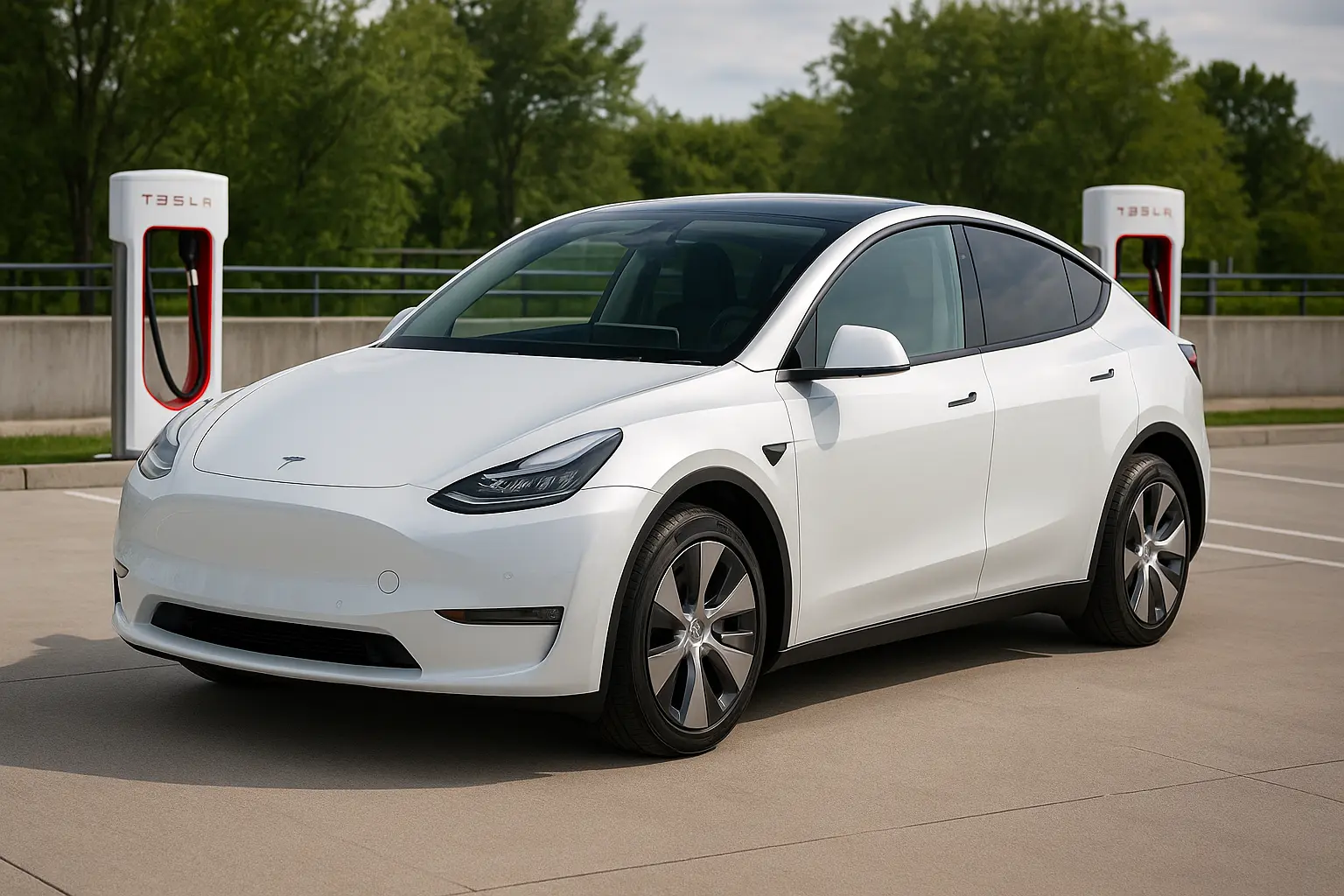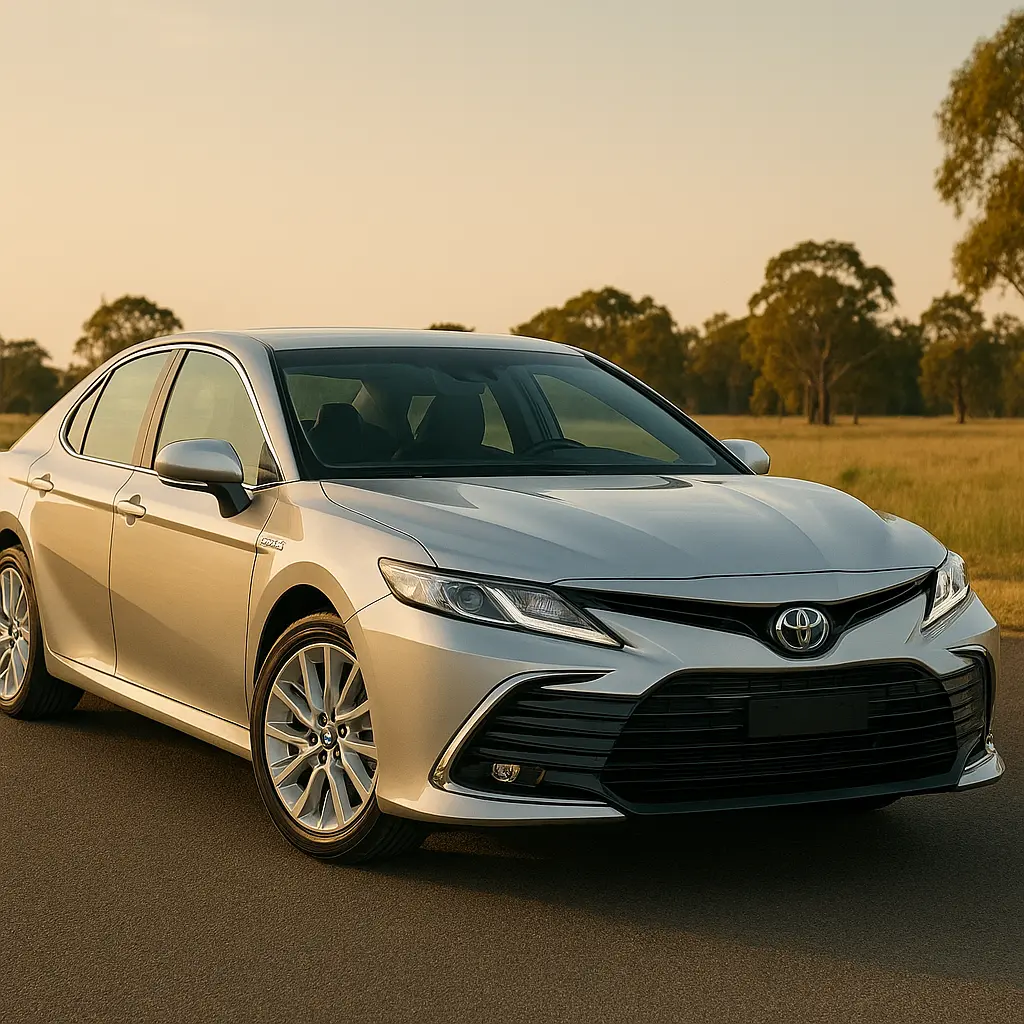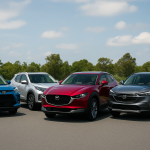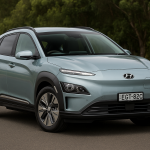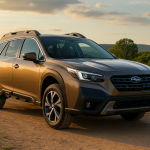How Vehicle Subscription Models Are Disrupting Aussie Leasing
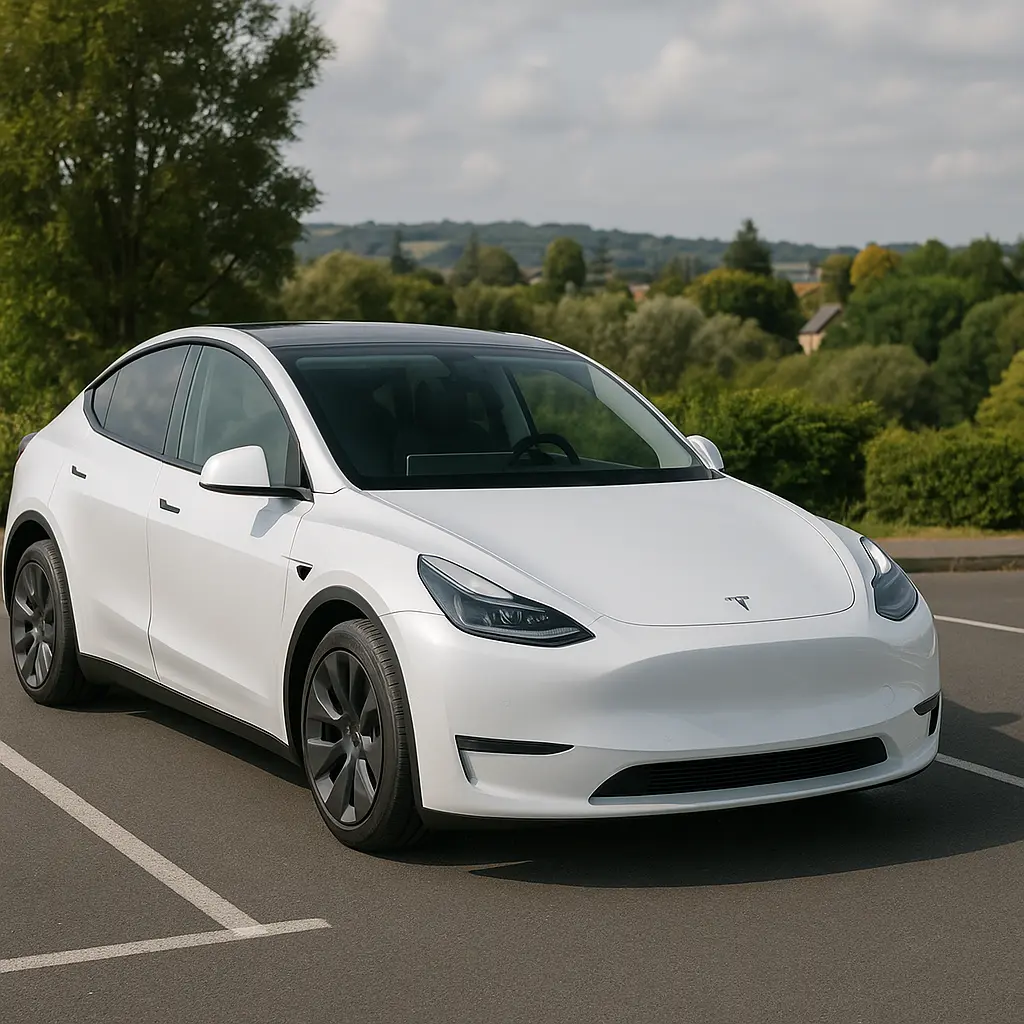
Introduction: A Disruption in Motion
The Australian automotive landscape is undergoing a significant transformation in 2025. One of the most talked-about trends reshaping the way Aussies access cars is vehicle subscription services. What was once a niche idea has now become a genuine alternative to traditional car leasing, ownership, and even short-term rentals.
But what is car subscription really? Is it better than leasing or buying? And how are Australians responding to this new mobility solution?
This guide dives deep into the car subscription model, how it compares to leasing, and why it’s disrupting conventional car ownership across the country.
What Is a Vehicle Subscription?
A vehicle subscription is a service model where customers pay a monthly fee to access a car — or sometimes even a fleet of cars — with minimal long-term commitment. It usually includes:
Registration
Insurance
Maintenance
Servicing
Roadside assistance
Flexibility to swap vehicles
Think of it as Netflix for cars, but instead of streaming shows, you're driving different models — sometimes across brands — with just a few taps on your phone.
Key Players in Australia’s Car Subscription Market (2025)
In Australia, several companies are pioneering or scaling car subscription services:
Carbar – One of the earliest and most recognisable names in car subscriptions.
Karmo – Focuses on flexible car plans for individuals and businesses.
HelloCars – Offers simple, no-lock-in subscription plans.
Popcar – Car-sharing model expanding to subscription.
Motopool – Tailored to business needs and regional users.
OEM services – Brands like Volvo (Care by Volvo), Lexus, and Hyundai are entering the space directly.
Some dealerships are even offering subscription-style ownership models, bundled with insurance and service perks, adding further pressure to traditional lease providers.
Car Subscription vs Leasing: The Big Debate
Let’s compare these two popular options based on the most important factors:
| Category | Subscription Model | Traditional Leasing |
|---|---|---|
| Commitment | Month-to-month or 3–12 months | 2 to 5 years locked contract |
| Upfront Costs | Minimal (or none) | Often requires deposit, admin, and setup fees |
| Ownership Option | No | Usually no (unless lease-to-own) |
| Included Services | Insurance, servicing, rego, roadside, tyres | Sometimes only rego and servicing |
| Vehicle Choice | Easy swaps, even across brands | One car for entire lease term |
| Flexibility | High – cancel or switch anytime | Low – break fees apply |
| Best For | Short-term, flexible, commitment-averse drivers | Long-term users with stable needs |
Why Are Australians Shifting Towards Car Subscriptions?
The appeal of car subscription services in 2025 lies in five key factors:
1. Flexibility
With economic uncertainty and changing lifestyles post-pandemic, Australians want freedom, not financial locks. Subscription models allow users to upgrade to an SUV for a road trip, then downsize to a hatchback for city driving — all within weeks.
2. All-In-One Pricing
Subscribers love that they don’t have to think about rego, insurance, or servicing. One transparent monthly bill makes budgeting easier, especially for younger drivers, expats, or those new to car ownership.
3. Lower Commitment Risk
Subscription removes the risk of getting stuck with the wrong car for years. You can swap out your car as your needs evolve — growing family, new job, relocation, or lifestyle change.
4. Access to Premium Cars Without the Price Tag
Many luxury and electric vehicles like Tesla, BMW, Polestar, and Lexus are available via subscription. You can drive high-end cars for a few months at a fraction of the cost of leasing or buying.
5. Urbanisation & Mobility Trends
City dwellers increasingly avoid car ownership. Subscription and car-sharing services cater to urban drivers who value use over ownership.
The Hidden Costs of Leasing in 2025
Leasing may look cheaper on paper, but there are often hidden costs:
Early termination fees
Excess kilometre charges
Fixed servicing schedules
Insurance exclusions
Wear and tear penalties
In contrast, many subscription providers include generous mileage limits, and some even offer unlimited kilometres — great for business or frequent travel.
Who Is the Ideal Customer for Car Subscription?
Digital natives & Millennials – They love convenience, tech-first services, and short-term plans.
Urban Professionals – Especially those in Sydney, Melbourne, and Brisbane, who need a car for weekends or changing schedules.
Expats or short-term workers – Subscription suits those staying for 6–12 months without permanent residency.
Businesses & SMEs – Some fleet subscription models cater to companies that want to scale up or down rapidly.
Retirees – Particularly those who no longer need a car full-time but still want to drive occasionally without full ownership.
Popular Cars Available via Subscription in Australia (2025)
Here are some of the top models Aussies can drive via subscription services:
Budget-Friendly
Toyota Corolla
Kia Cerato
Hyundai i30
Electric Vehicles
Polestar 2
Tesla Model 3
BYD Atto 3
Hyundai Kona Electric
SUVs
Mazda CX-5
Toyota RAV4
Mitsubishi Outlander
Volvo XC40
Luxury/Premium
BMW 3 Series
Lexus UX
Audi Q3
Tesla Model Y
Subscription Pricing Snapshot (2025)
Here’s what you might pay per month for various types of vehicles in 2025:
| Vehicle Type | Estimated Monthly Cost (AUD) |
|---|---|
| Compact Hatchback | $599 – $799 |
| Mid-Size Sedan | $750 – $950 |
| Small SUV | $850 – $1,100 |
| EV or Hybrid | $900 – $1,300 |
| Luxury Vehicle | $1,300 – $2,000+ |
Prices vary based on provider, mileage limits, vehicle age, and inclusions.
Drawbacks of Vehicle Subscription Services
While subscription has many upsides, it’s not perfect. Here are potential downsides to consider:
Higher cost per month compared to long-term leasing or buying
Limited availability in rural/regional areas
Mileage caps (sometimes 1,200–1,800 km/month)
Limited vehicle selection compared to dealerships
Not all services include fuel or toll management
You don't own or build equity in the car
Is Subscription Worth It Compared to Leasing or Buying?
Choose Subscription If:
You want flexibility and minimal commitment.
You’re testing multiple car types (EVs, SUVs, etc.).
You value simplicity over cost.
You drive occasionally or travel often.
Choose Leasing If:
You’re ready for a multi-year commitment.
You need a company car with tax benefits.
You drive consistent high mileage.
You plan to upgrade every few years.
Choose Buying If:
You want long-term savings.
You drive a lot and don’t want mileage limits.
You’re okay handling rego, insurance, and maintenance.
You plan to own a car beyond 5–7 years.
What Aussies Are Saying – Subscription User Experiences
“I started with Carbar because I moved back to Melbourne after years abroad. Within 24 hours I had a Mazda CX-30, insurance sorted, and didn’t worry about rego. It was a no-brainer.” — Emily, 29
“As a small business owner, Motopool let me scale my fleet during our busy season without the commitment of buying or leasing vans long-term.” — Raj, 44
“I loved the Tesla Model 3, but didn’t want to spend $70K to own it. I tried it via subscription for six months and moved on to something else. Super easy.” — James, 35
Future of Car Subscriptions in Australia
Experts predict the Australian car subscription market will grow by 25% YoY until 2030, with:
OEMs like Toyota and VW launching direct subscription arms
Expansion into rural and regional markets
AI-powered platforms that recommend vehicles based on lifestyle
Subscription bundles with EV home charging
Integration with public transport passes or ride-sharing credits
Conclusion: A New Era of Car Access
The rise of vehicle subscription models is no longer just a trend — it’s a genuine shift in how Australians think about driving. As more Aussies seek convenience, flexibility, and cost transparency, subscription services will continue to eat into the market share traditionally held by leasing companies.
Whether you’re a tech-savvy city driver or a business looking to cut fleet costs, subscription models offer a fresh way to hit the road — on your terms.
If you’re exploring car subscription or comparing leasing vs buying in 2025, Carsoop.com.au is your guide to everything you need to know about cars, ownership models, and future mobility in Australia.
Leave a comment
Your email address will not be published. Required fields are marked *


